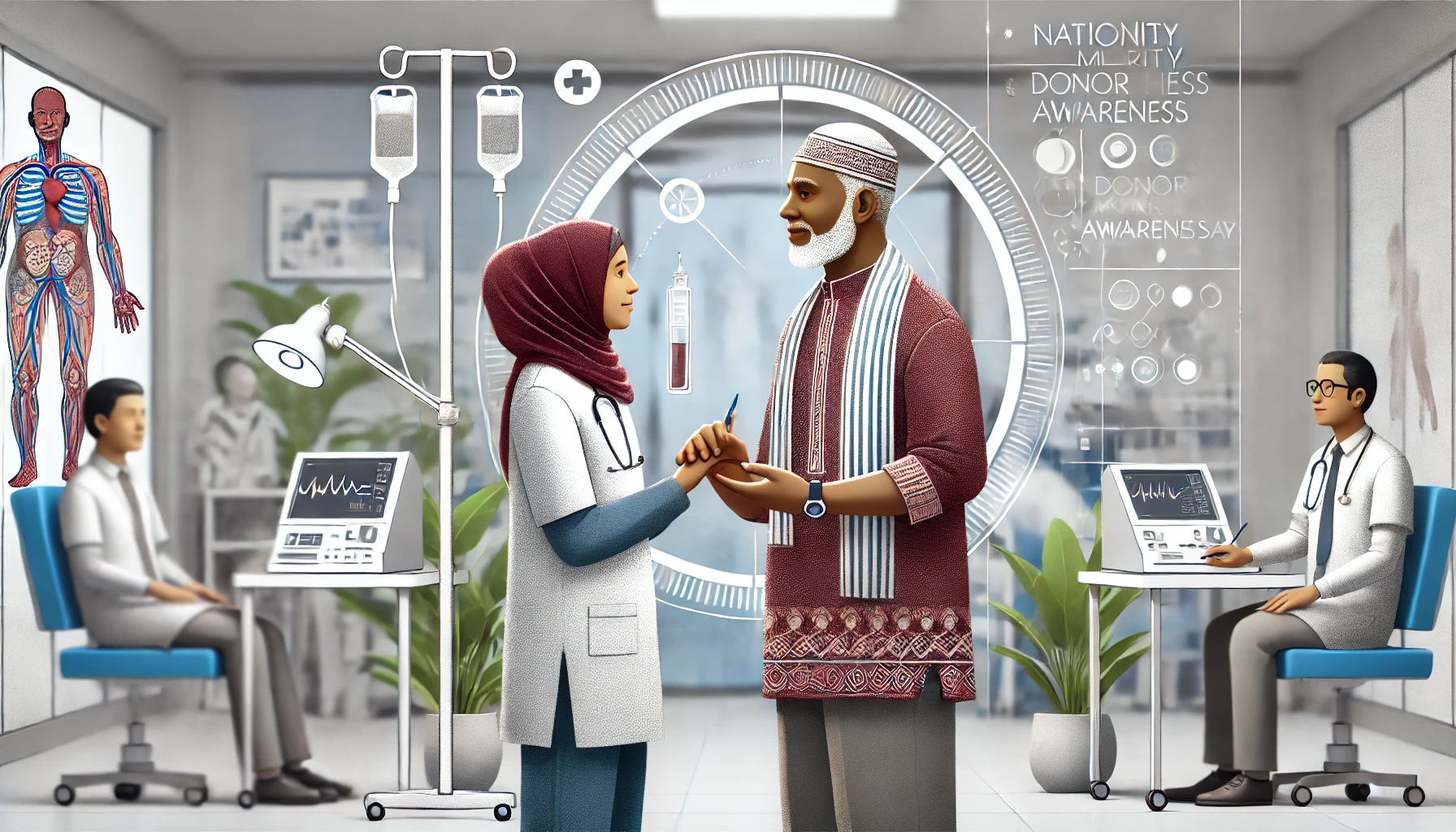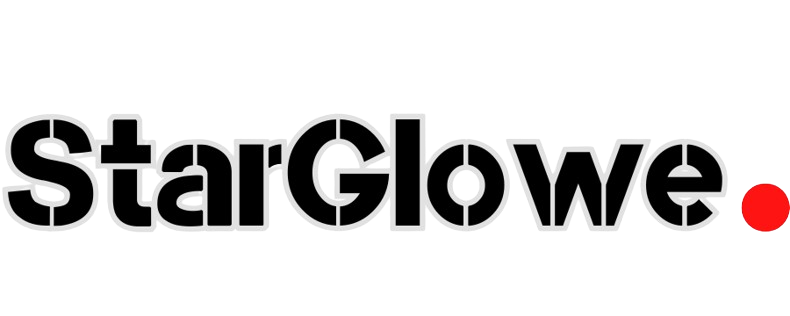
- This event has passed.
National Minority Donor Awareness Day
August 1

National Minority Donor Awareness Day is an essential observance aimed at increasing awareness of the critical need for organ, eye, and tissue donations among minorities. This day serves as a call to action to educate and encourage individuals from minority communities to register as donors, addressing the disproportionate need within these groups. Additionally, it honors those who have donated and provides support to families making decisions about donation.
The observance falls on August 1st each year, creating an opportunity for health professionals, advocates, and communities to promote health, prevention, and treatment of illnesses in diverse communities. By focusing on the minority groups, the day seeks to bridge the gap in health disparities, ensuring that all individuals have the necessary access to lifesaving transplants.
History and Meaning
National Minority Donor Awareness Day was established to address the notable disparities in the rates of donations in minority communities. Despite minorities making up a significant portion of individuals needing organ transplants, they are less likely to find matches due to lower donation rates within their communities. This day is rooted in the efforts to change these statistics by educating and motivating minority populations about the impact of donation.
The initiative originally started as a week-long event, but has since been focused on a single day to create a concentrated impact. Over the years, the significance of the day has deepened, with more organizations and communities participating to spread the word about the importance of becoming a donor and how it can save lives within their own communities.
Traditions and Rituals
Traditionally, National Minority Donor Awareness Day is marked by educational events and community outreach programs. Hospitals, health clinics, and donor organizations often hold seminars and workshops to inform the public about the need for donors and the process involved. They also share stories of those who have been affected by organ donation, which adds a personal touch and helps in breaking down myths and fears about donation.
In addition, many communities hold commemorative events to honor previous donors from minority groups. These may include candlelight vigils, tree-planting ceremonies, or special recognition events. Such rituals not only pay tribute to donors but also solidify the community’s commitment to supporting organ donation.
Modern Celebration of the Day
Today, National Minority Donor Awareness Day is celebrated with more interactive and digital campaigns to reach a broader audience. Social media plays a crucial role in spreading the message, with campaigns featuring hashtags, live videos, and shared stories from donors and recipients. Health organizations collaborate with influencers and public figures to amplify their message, making effective use of digital platforms to engage younger demographics.
The day also sees significant collaboration between different health and community groups to organize health fairs, free screening camps, and registration drives for new donors. These modern approaches aim to make the process of learning about and signing up for organ donation more accessible to everyone, particularly the younger, tech-savvy generation.
Congratulations and Wishes
- “May your generosity be a beacon of hope and life to those waiting for a miracle. Happy National Minority Donor Awareness Day!”
- “Your decision to be a donor can rewrite someone’s fate. Thank you for your courage and selflessness!”
- “On National Minority Donor Awareness Day, we honor those who have given the gift of life. May your kindness return to you a hundredfold!”
- “Today, we celebrate not just the gift of donation, but the incredible impact it makes on families across our nation. Thank you for making a difference!”
- “Each donor is a hero in their own right. Your generosity saves lives and builds futures. Thank you!”
- “Let’s spread awareness and take action. Your contribution matters immensely. Happy National Minority Donor Awareness Day!”
- “To all donors and families who’ve said yes to donation, your generosity transcends all. Thank you!”
- “Celebrate life and the chance to give back through organ donation. You are truly making a difference!”
- “Here’s to health, hope, and healing. Thank you for being a part of this noble cause!”
- “Your decision to donate is the most powerful testament to human kindness. Thank you for inspiring change and saving lives!”
10 Unusual Facts
- Over 60% of those currently on the U.S. transplant waiting list are from minority groups.
- Minority donors are more likely to be matches for patients of similar ethnic backgrounds, making their donations even more critical.
- The first successful kidney transplant was performed between identical twins in 1954, paving the way for modern transplant methods.
- Organ transplants from living donors generally have higher success rates compared to those from deceased donors.
- One donor can save up to eight lives through organ donation and enhance many others through tissue donation.
- There is no cost to the donor’s family for organ or tissue donation.
- Organs are never matched based on race or ethnicity, but compatibility is often higher within the same ethnic groups.
- There are more potential recipients in minority groups with conditions like hypertension and diabetes, which lead to organ failure.
- Most major religions support organ donation, viewing it as a charitable act.
- Advances in medical technology now allow for organ transplants to be performed with better precision and success rates than ever before.
10 Frequently Asked Questions
- Who can become a donor? – Anyone, regardless of age or medical history, can sign up to be a donor. Medical suitability is determined at the time of death.
- Is there a cost to be a donor? – No, there is no cost to the donor’s family for organ or tissue donation.
- How does one sign up to be a donor? – You can register through your state’s donor registry, at the DMV, or online through various organizations.
- Can I specify what I donate? – Yes, you can specify what organs or tissues you wish to donate when you register.
- Are there religious objections to donation? – Most major religions support organ donation, considering it a final act of love and charity.
- What organs can be donated? – Organs that can be donated include the heart, kidneys, liver, lungs, pancreas, and intestines.
- What happens in the event of my death? – If you are registered as a donor, medical teams will determine if your organs are suitable for transplantation.
- Does my family have a say in my donation decision? – While family members are consulted, your registration as a donor typically guides the final decision.
- How long does it take to receive a transplant? – Waiting times vary greatly depending on the organ needed, medical urgency, and other factors.
- How does organ donation impact the donor’s body? – Donation is handled with the utmost respect and does not disfigure the body. Funeral arrangements, including open casket services, can proceed as planned.
Conclusion
National Minority Donor Awareness Day not only highlights the disparities in organ donation but also emphasizes the profound impact that each donation can have in saving lives. By participating in this day, we can collectively contribute to a greater good, ensuring that all individuals have the opportunity to receive lifesaving transplants. Let’s continue to educate, inspire, and encourage our communities to get involved in organ donation. Your decision to donate could turn a time of loss into a time of hope for another family.
Emphasizing the importance of organ donation within minority communities is not just about saving lives—it’s about changing the narrative of health equity. By making informed decisions about organ donation, we can all be part of a larger movement towards a more inclusive and healthy future.
How to Highlight
Highlighting National Minority Donor Awareness Day can involve various strategies like engaging with communities through social media, organizing local events, and collaborating with influencers to reach wider audiences. It’s essential to convey the stories of those directly impacted by organ donation, as this personal approach can significantly increase registration rates among minorities.
Why This Day is Important
National Minority Donor Awareness Day addresses critical health disparities and provides a platform to advocate for change. By focusing on minority groups, we can help ensure that all individuals have equal access to transplant opportunities, which is crucial for saving lives and fostering community health.
Author’s Opinion
This day represents a crucial opportunity to challenge the misconceptions surrounding organ donation in minority communities and to celebrate the generosity of those who have chosen to give the gift of life. I wholeheartedly support the efforts to increase awareness and registrations, as every donor can make an immense difference.




